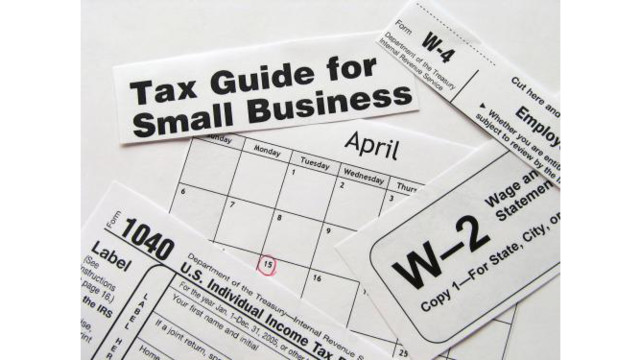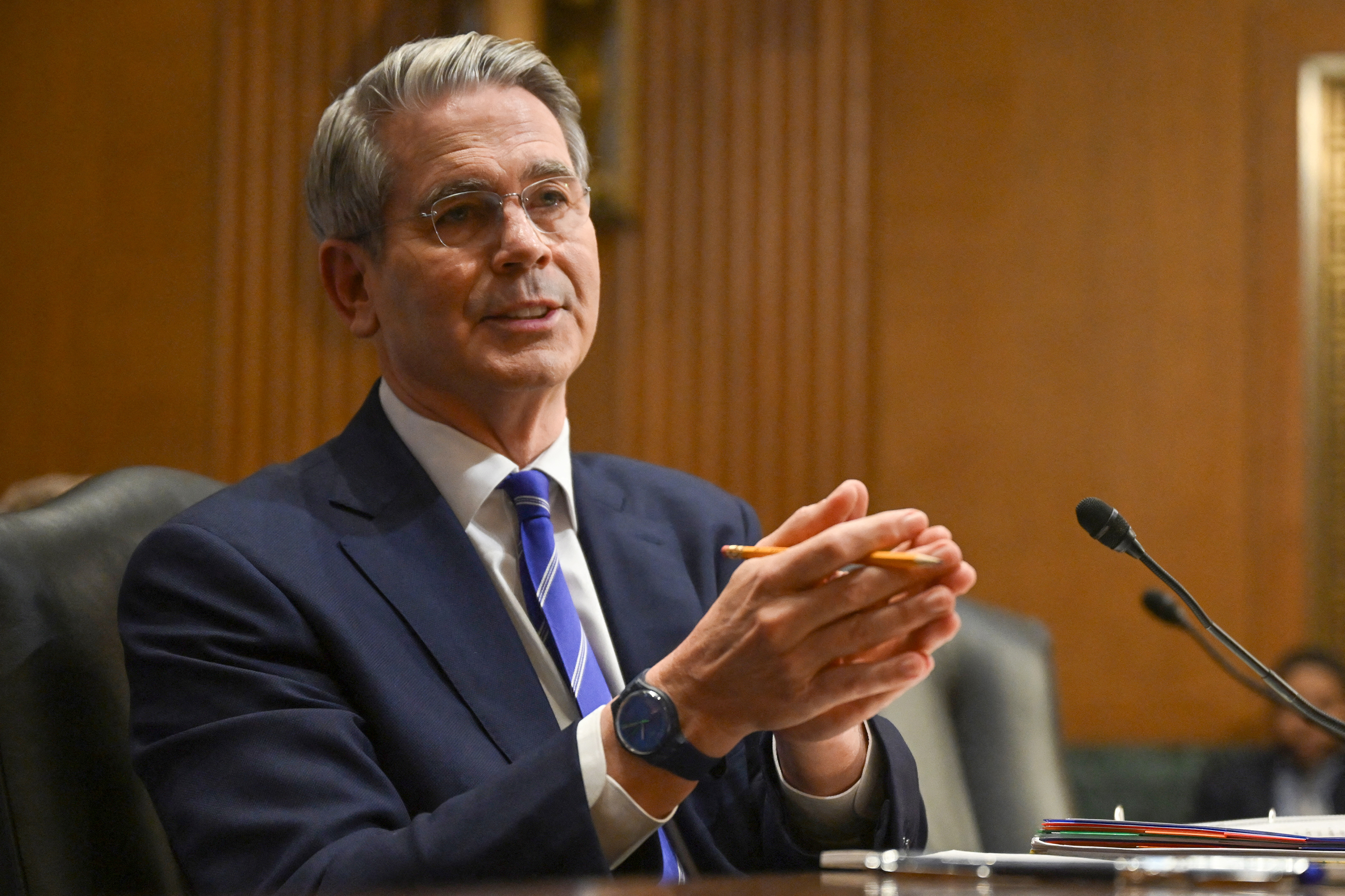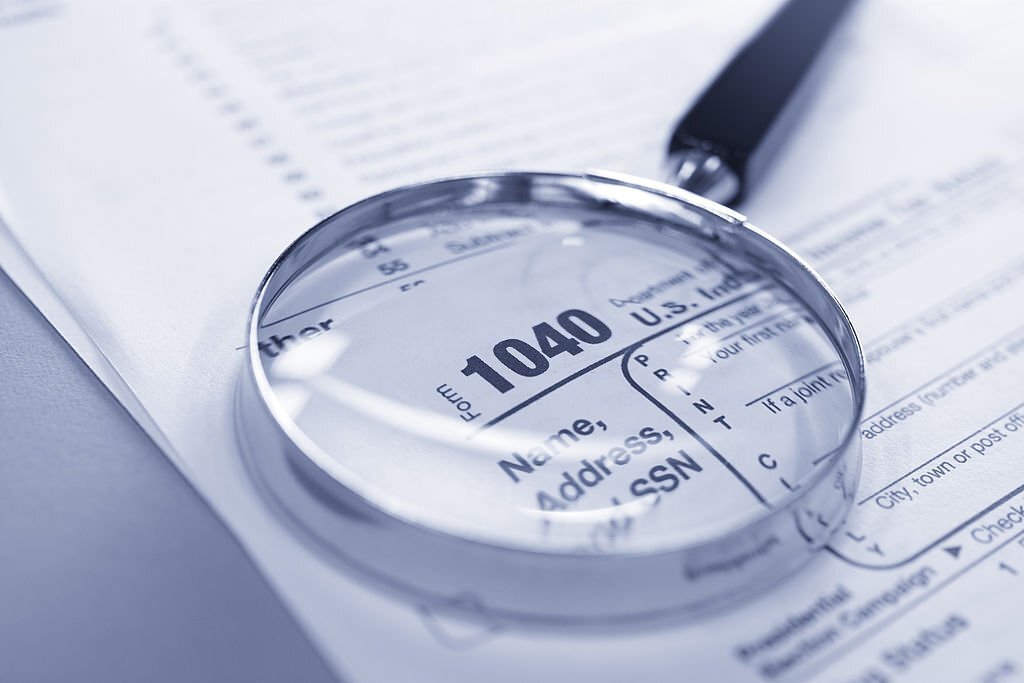The new SECURE Act 2.0, enacted late last year as part of a spending measure, features several notable provisions affecting individuals saving for retirement. But the new law will also have a significant impact on employers providing qualified retirement plans to employees. Following are several key changes for small businesses included in SECURE Act 2.0.
Catch-up contributions: Catch-up contributions to qualified plans like 401(k) plans are allowed for participants age 50 or older. Beginning in 2025, the new law increases the limit from $7,500 to the greater of $10,000 or 150% of the regular catch-up limit for those aged 60-63 (indexed for inflation). Similarly, the limit for SIMPLE plans increases from $3,000 to the greater of $5,000 or 150% of the regular catch-up amount (indexed for inflation).
Roth 401(k) accounts: Beginning in 2024, catch-up contributions to 401(k) plans must be made to Roth-type accounts for employees with wages of more than $145,000 a year (indexed for inflation). These contributions are made with after-tax dollars, but future payouts are generally tax-free. Also, effective immediately, employees may make a Roth election for matching contributions by an employer.
Automatic enrollment: To encourage greater participation in 401(k) plans, a business will be required to provide automatic enrollment under a safe-harbor formula. Employees could then choose to opt out. This provision will take effect for plans adopted after 2024. Caveat: An employer with ten or fewer employees or in existence for less than three years is exempted.
Credit for plan start-ups: Under the initial SECURE Act, a business with 100 or fewer employees could claim a tax credit for three years for 50% of the cost of starting up a qualified retirement plan, up to $5,000 (increased from $500). Beginning in 2023, employers with 50 or fewer employees can qualify for a credit equal to 100% of the cost, up to $1,000, phased out over five years. The 100% credit is also phased for a business with 51-100 employees.
Emergency savings accounts: Beginning in 2024, employers may automatically provide employees with emergency access to accounts of no more than 3% of their salary, capped at $2,500. Contributions are made on an after-tax and basis and are treated as elective deferrals for purposes of retirement matching contributions.
Part-time workers: The initial SECURE Act expanded eligibility for 401(k) plans for part-time workers. The new law shortens the eligibility requirement from three years to two years, beginning in 2023, among other modifications.
Contribution incentives: The new law allows an employer to offer small financial incentives, such as gift cards, to increase employee participation in its retirement plan. This provision will take effect for plan years after the date of enactment.
Student loan match: Under the new law, an employer may elect to make a matching contribution to a retirement plan account based on student loan obligations, beginning in 2024. This creates an incentive for employees to save for retirement while they are still paying off their student loans.
These are just some of the highlights of the key changes for employers. Seek guidance from your professional advisors.
Thanks for reading CPA Practice Advisor!
Subscribe Already registered? Log In
Need more information? Read the FAQs
Tags: Benefits, Income Tax, IRS, Small Business, Taxes





